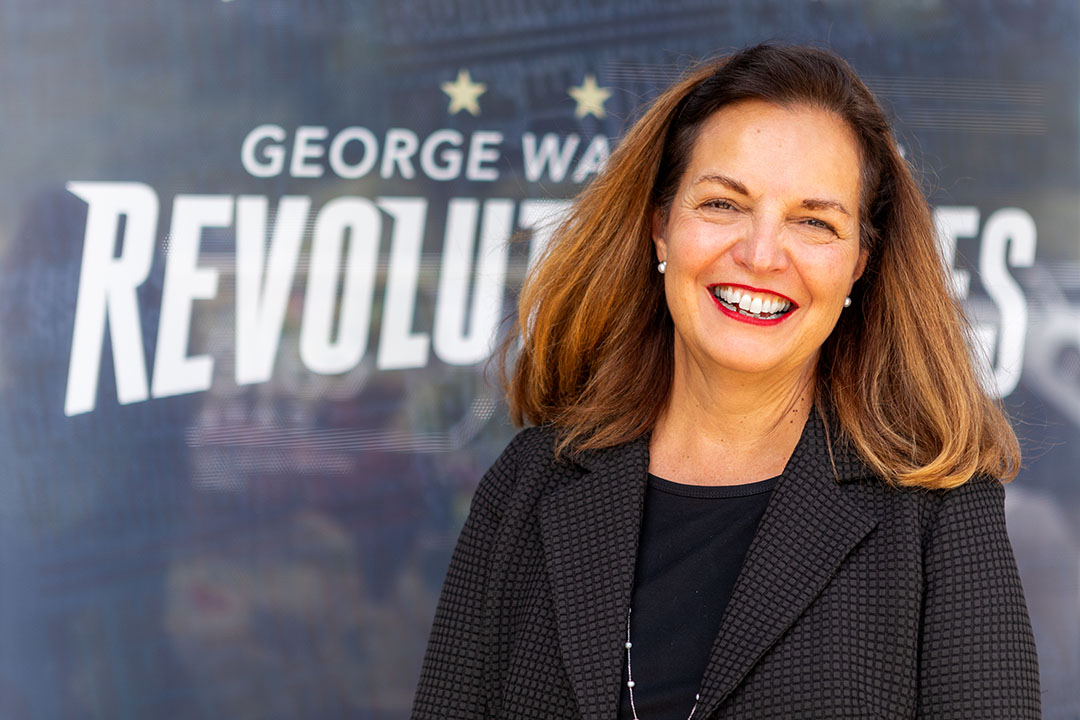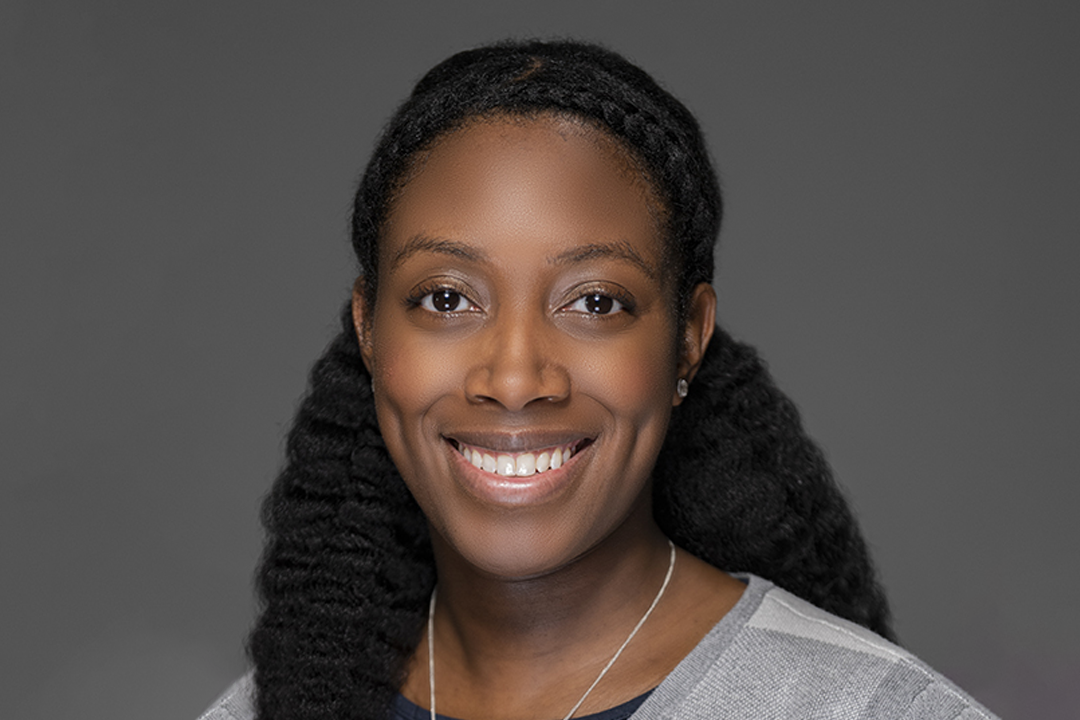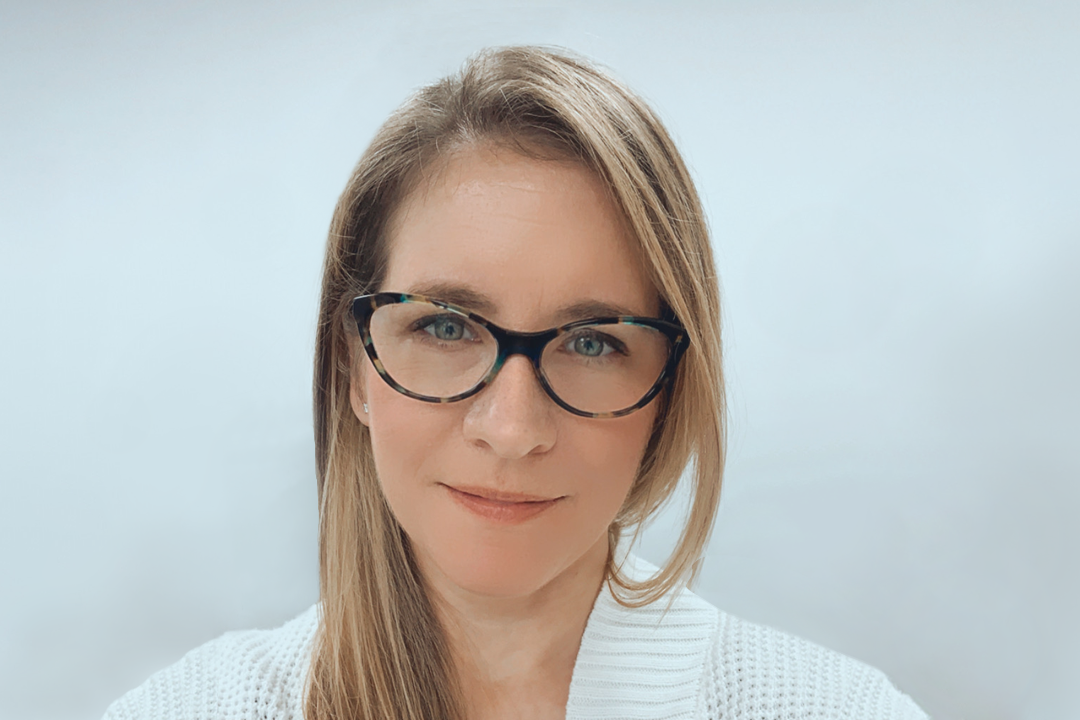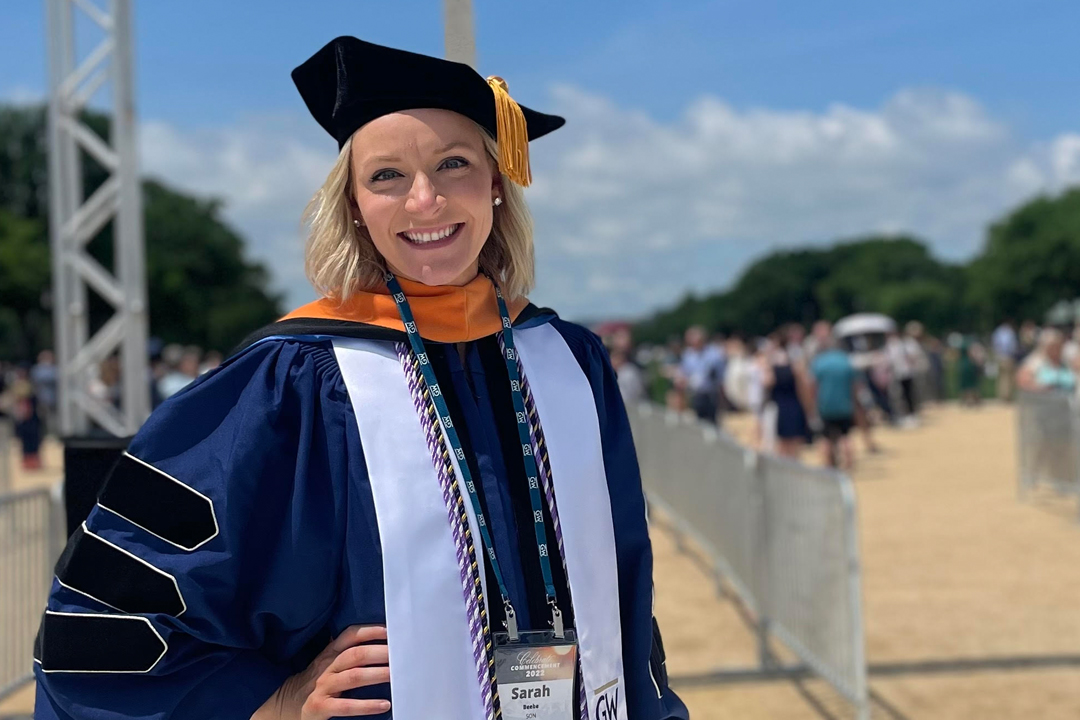“The ability to care for others is at the heart of nursing, and as nurse practitioners, we have the opportunity to make an even greater difference in our patients’ lives.”
Q
What did your road to becoming
a nurse practitioner look like?
Were there any pivotal moments
along the way?
A
I actually thought I would become a midwife someday and never originally saw myself as an NP; however, after working as an Emergency Room nurse I began to see troubling patterns in the acute medical conditions that my patients experienced and thought there must be some way to help patients from experiencing acute exacerbations of chronic illnesses. It was about this time that the idea of being an NP surfaced. I thought I could make a bigger impact if I helped keep people well and focused on prevention and helping patients better manage their chronic diseases. I loved the ER and the excitement of the work, but I came to realize there was a role I could play in preventing this disruption in people’s lives and health status.
I have loved being a family nurse practitioner (FNP) and am truly grateful for the opportunity to work with families and individuals of all ages and across the continuum of health and illness. As a primary care provider (PCP), I have created long-standing bonds with patients and their families that have enhanced their lives, as well as mine. The ability to care for others is at the heart of nursing, and as nurse practitioners, we have the opportunity to make an even greater difference in our patients’ lives.
Q
Why are nurse practitioners
important to our health care system?
A
I could talk about this question for hours. The short answer is the vast majority of NPs are educated as PCPs and there is a huge demand for primary care in this country and, in fact, around the world. NPs see the patient and patient experience in a holistic manner, utilizing a nursing perspective that is unique and comprehensive. It is not just about the patient’s symptoms or the disease…it is about how those symptoms are impacting that person’s life and well-being. How is this problem (symptom, diagnosis and even treatment) going to affect this person’s life? What about their family, their job, their ability to care for themselves and possibly others?
Q
What are the most significant issues
facing nurse practitioners?
a
There are many – scope of practice regulations, the pressure to see more and more patients each hour/day, changes in health care reimbursement, value-based care to name just a few – but from an educational perspective, one of the biggest issues is preparing NPs for the current healthcare environment. Patients today are more complex. Many have multiple comorbidities that require complicated treatment regimens and careful attention and monitoring. We need to ensure that our graduates understand these complexities and how best to manage the patient’s condition while retaining a holistic approach to care.
On top of this, our healthcare system is broken. NPs need to understand how the systems work and how to collaborate with our colleagues to move the system forward. This will help to improve care for all of us. They need to know how to affect change, to be advocates who work with populations of patients to improve care and, ultimately, patient outcomes.
Q
What was it like being the president of the National Organization of Nurse Practitioner Faculties (NONPF)?
How long were your president and what were the most important achievements under your tenure?
A
Being President of a national organization is a big job and, in fact, was initially somewhat intimidating. But it is really about educating nurse practitioners and, specifically, about assisting NP faculty in meeting the needs of their students - so that those students can go out into the world and make a difference in the lives of their patients. During my two-year presidency, I led a strategic planning initiative along with my colleagues, which has charted the direction of the organization for the next three years. The major goals of this work revolved around strengthening quality indicators for NP education and practice; improving diversity, inclusion, equity and belonging within the organization; and moving the D.N.P. forward as the required education for entry into NP practice. NONPF, along with many academic leaders, has long supported this initiative and it continues to make strides in reaching this goal.
Q
What do you like most about
being a nurse practitioner?
a
I love the interaction with patients. I love making a difference. I love figuring out what the problem is, and developing a plan that will work for each patient to fix the problem. I also love the autonomy and the collaboration with my colleagues. I have never been bored as a NP and I have truly learned something new every day – really, what else could you ask for?





